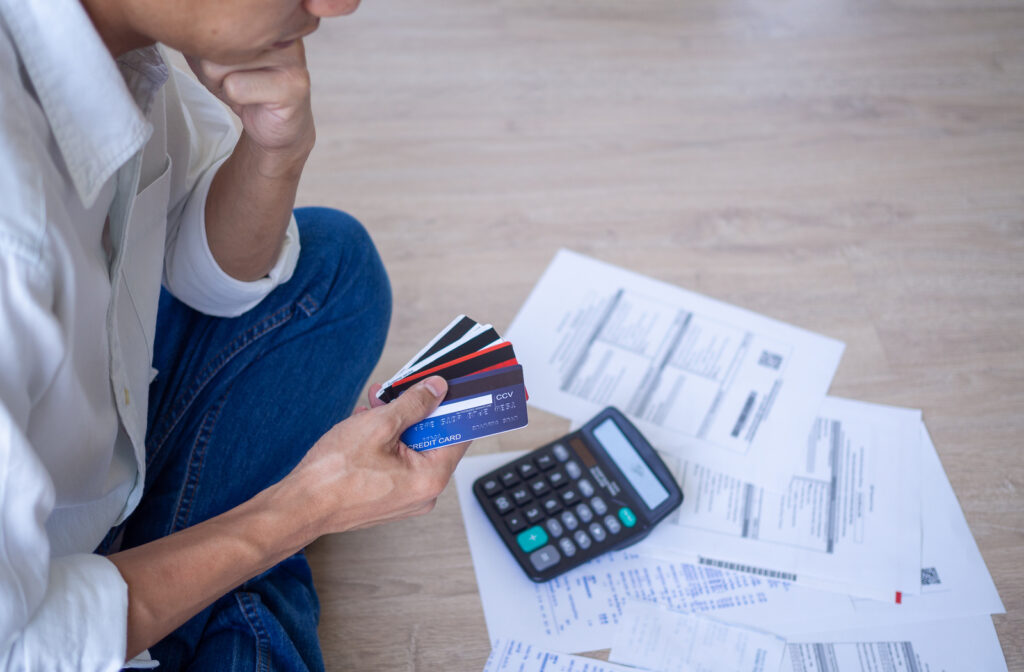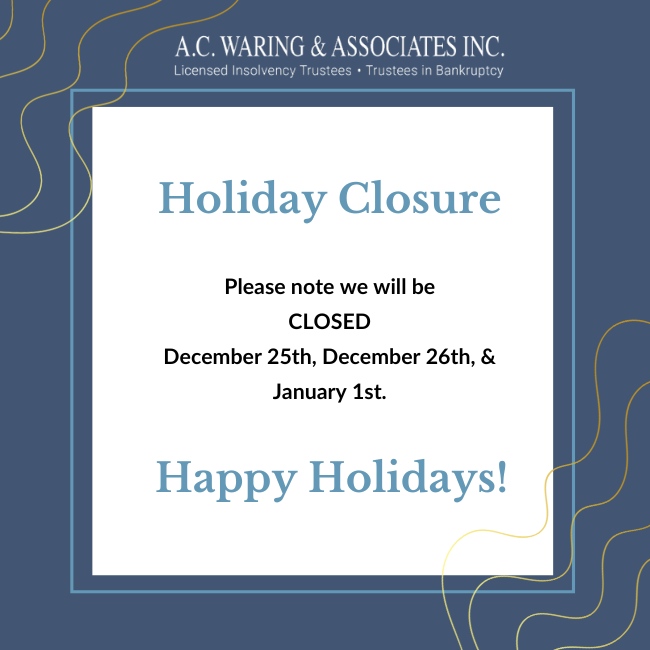Credit cards help cover costs in advance—they do not provide free money. They are a loan that requires repayment within the credit agency timelines, which many people can struggle with.
If you are struggling to pull yourself out of credit card debt, there are strategies you can use to take control of your situation, including 2 strategies called snowballing or avalanching, which help you tackle large and small debts.
Understanding Your Credit Card
Knowing how credit cards work is the first step in protecting yourself from overwhelming debt in the future.
There are several different aspects of credit cards you will need to know about before you get your credit card, including:
- Minimum payments: Minimum payments are the lowest amount you can pay in credit card fees for a single month. If you do not pay your minimum, your interest rates may increase, your credit rating might decrease, and you might get reported to your credit bureau for late payments. Your minimum payment depends on the type of credit card, your limit, and the amount of debt on the card.
- Annual percentage rates: Annual percentage rates (APR) are the interest rates your credit card company charges based on your card balance. Most standard credit cards have an APR of 19–20%, but you may find some as low as 4% or 5%.
- Credit limits: Every credit card has a limit, but you might still spend more money past the limit. The catch is that you will have to pay hefty fees for the money you use over your limit. If you have a good standing with your lender, you’ll likely get offers to increase your limit.
- Cash advance: A cash advance is the physical money you could withdraw from your credit card usually at an extra charge. These rates are sometimes even higher than your typical APR interest.
What Happens if You Don’t Pay Your Credit Card Debt?
What happens if you do not have enough money to pay off your credit card right away?
The first action your credit agency may take is increasing your annual rates, typically if you miss the minimum payment on your card a few times.
The risks of missing credit card payments can significantly affect your future, including:
- Higher interest rates
- Lost credit card promotional offers
- Lower credit score
- The cancellation of your credit card
How Long Can You Make Minimum Payments on a Credit Card?
You can realistically pay off your credit card using only minimum payments. However, this repayment method will require you to pay more interest because it will take longer to complete.
Paying more than the minimum payment will help you get out of debt faster.
How Can You Pay Down Credit Card Debt Before It Overwhelms You?
There are some strategies you can use to help take control of your credit debt before you let it get ahead of you.
Two of the most common strategies include snowball and avalanche payments:
- Snowball payments prioritize paying off the smallest amount of debt before paying off the next smallest amount (working smallest to largest).
- Avalanche payments involve paying off your largest debt before paying off the next largest (working largest to smallest).
You can also use these methods to approach debts with the highest interest rates. Besides strategies for tackling debt, other solutions include:
- Taking on extra employment
- Selling equipment and other material things
No matter the method, you need to pay the minimum or more. Without covering your minimums, your interest rates will rise, making it harder to stay on track with your payments.
How to Get Help with Credit Card Debt
What happens if your accumulated debt load becomes too large to handle?
If you find yourself paying off credit cards with other credit cards or shuffling around debt payments only to find out your credit cards are maxed out, it is time for professional help. Licensed insolvency trustees and credit counsellors can help you handle your debt in many ways.
Some of the most common ways professionals can help include credit counselling, debt consolidation, bankruptcy, and consumer proposals.
Credit Counselling
Professionally led credit counselling services review your finances to see if a payment plan can help to address your debt responsibilities.
Debt Consolidation
Some debt consolidation puts multiple debts into one lump-sum loan, meaning that instead of paying off multiple debts from different sources, you’re now making a single payment from month to month.
At A.C. Waring & Associates, we view debt consolidation as one creditor advancing the funds to pay off multiple creditors. However, many times one creditor is not willing to take all of the risk associated with doing so.
Bankruptcy & Consumer Proposals
Bankruptcy and consumer proposals are choices you may not be aware of, but they are options available to you if you do not have any other way of paying for your indebtedness.
Both options do not necessarily discharge all types of debt, but they can help provide federally sanctioned ways to extinguish debt overload and deal with your creditor responsibilities through the trustee.
Settle Your Debt With Professional Help
Credit cards are beneficial tools, but they need to be used responsibly. Debt can easily get out of control—especially if you borrow more than you reasonably have. If credit card debt is overwhelming your finances, seek professional help.
Contact A.C. Waring & Associates if you need help getting out of debt.





